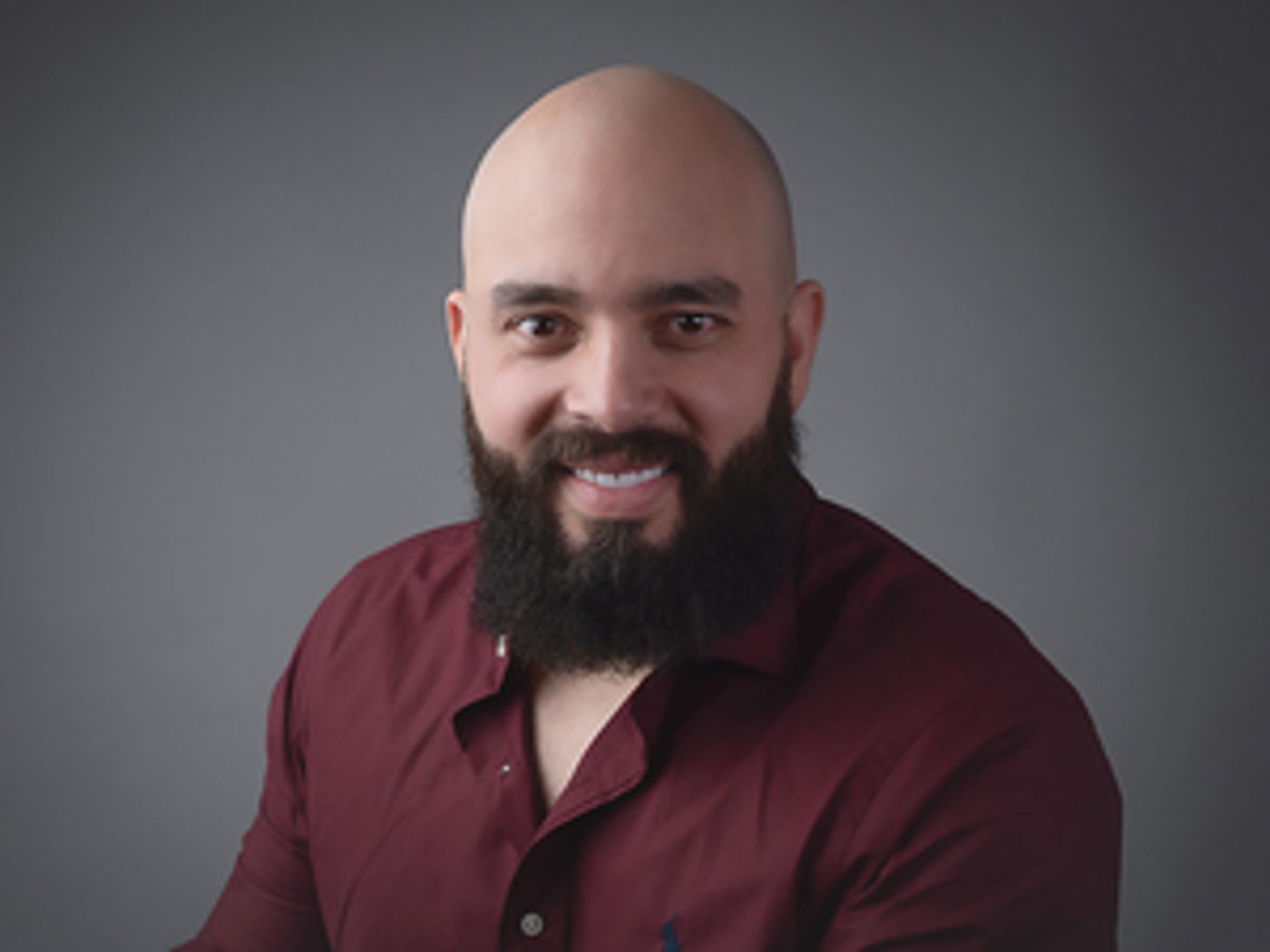Fabiano de Abreu Launches Eighth Book for a New Philosophy in Early Childhood Education â Economics
In Philosophy in Early Childhood Education, the specialist divides the publication into chapters, addressing topics ranging from childhood to adolescence.

The work "Philosophy in Early Childhood Education", by Fabiano de Abreu, addresses techniques and views on the current behavior of children and how to awaken their interest in knowledge.
After seven contemporary works in which five approach philosophy in a practical and palatable way to the public, the philosopher, journalist, neuroscientist, neuropsychologist and psychoanalyst Fabiano de Abreu launches his eighth book: Philosophy in Early Childhood Education. The readings are available on digital platforms in e-book format on Amazon (Kindle) and Google Books. By the end of the year, the writer plans to produce ten digital books, totaling 14 in his career.
In Philosophy in Early Childhood Education, the specialist divides the publication into chapters, addressing topics ranging from childhood to adolescence. From education from the mother's womb, through children with high skills, attention to social isolation, ethics in child rearing, lack of patience and judgment, control of the internet, the importance of parents also educating themselves, alternative education in contrast to the traditional, conflicts with young people, even the new rules that the pandemic has been imposing as the path of distance education.
For Abreu, in his own words, philosophy is the mother of matter, a precursor in education and the awareness of the need for knowledge, in addition to being today the remedy for mental health and a dignified future. Abreu's concern is to discuss methods that bring the child's will to learn and, with that, reduce the child's dispersion to bring knowledge and implant a culture of study. "It is in the philosophy of education that we have to seek adaptation to the teaching method according to the time, because changes happen, they are part of our evolution and we have to shape education according to our evolution", he says.
In the specialist's view, education is lagging, whether at school or at home. "We evolve and develop constantly, and education urgently needs to follow this path and adapt to the new reality, or we will have troubled adults. The failure of the traditional school, in the priests who remain almost unchanged for years, is in wanting everyone to learn exactly the same thing. and at the same pace ", he evaluates.
During the pandemic, the author produced three works to deal with the quarantine: 7 deadly sins that philosophy explains, Romanticizing philosophy and Philosophy of behavior. Abreu a student of the mind and human behavior, knowledge applied in his works. Specializing in the history of ethics and ethics at the University Carlos III and in philosophical and cosmovision idealism at the University Autnoma, both in Madrid, Spain, he set out to analyze specific topics of the psyche, with training in psychoanalysis, which for the first time is being compiled in literary works. All analysis done by the ethics of philosophy, based on his studies as a psychoanalyst, neuropsychoanalyst and neuroscientist with a postgraduate degree from Harvard, in the United States.
The books sold will also be distributed free of charge to those who are unable to buy and Non Governmental Organizations (NGOs). Through the "Knowledge for all" project, the author tries to bring knowledge to as many people as possible. "A society with knowledge, in addition to maintaining a healthy mind, also favors a better conviviality and is aware of what is necessary for a better well-being".
About the author:
Neurofilsofo Fabiano de Abreu neuroscientist, neuropsychologist, neuropsychoanalyst, neuroplasticist, psychoanalyst, psychopedagogue, journalist, philosopher, clinical nutritionist, businessman and member of Mensa, an association of the world's most intelligent people based in England. Specialist in human mind studies and researcher at CPAH Herclito Research and Analysis Center.
Videos

